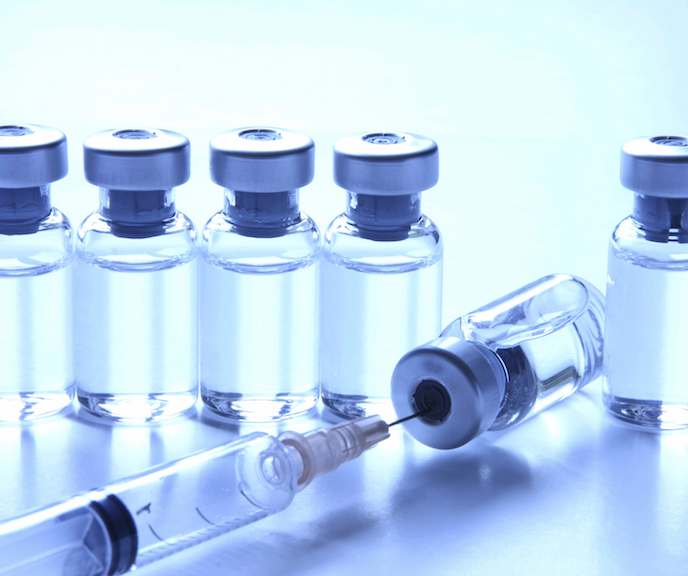Pharmaceutical packaging is obliged to comply with many functions. And it has a huge influence on the quality, effectiveness and applicability of pharmaceuticals. This particularly applies for primary packaging, i.e. packaging which comes or can potentially come into direct contact with the dosage form, such as ampoules, ready-to-fill syringes, blister packs, pharmaceutical stoppers or other types of pharmaceutical seals. Therefore, the requirement profile – protection, safety, compatibility and function – needs to be complied with as early as the packaging development phase. Furthermore, test certificates in accordance with USP 381 are required for pharmaceutical stoppers (and other pharmaceutical seals) as primary packaging. What is behind all this? As a general rule, the USP 381 regulates the properties of pharmaceutical seals (elastomeric closures for injections). Specifically, it includes both the certificate of bio-compatibility and physical-chemical tests and functional tests.

Actega DS based in Bremen, Germany, supplies a range of Provamed TPE for pharmaceutical stoppers. The materials have been compounded in accordance with various material approaches for a variety of raw materials and subjected to extensive testing. In view of the highest demands on low migration, compatibility on contact with the human body and FDA conformity, it has been possible to present formulae whose performance and conformity comply with USP 381, the company said. As a general rule and for reasons relating to accountability, Actega DS says that it subjects the materials to further tests, including at the request of our customers, e.g. on the topic of oxygen permeability, non-intentionally applied substances (NIAS) or allergens. The TPE offered by Actega DS are free of PVC, phthalates, latex and ADC and do not require any cross-linkers.
